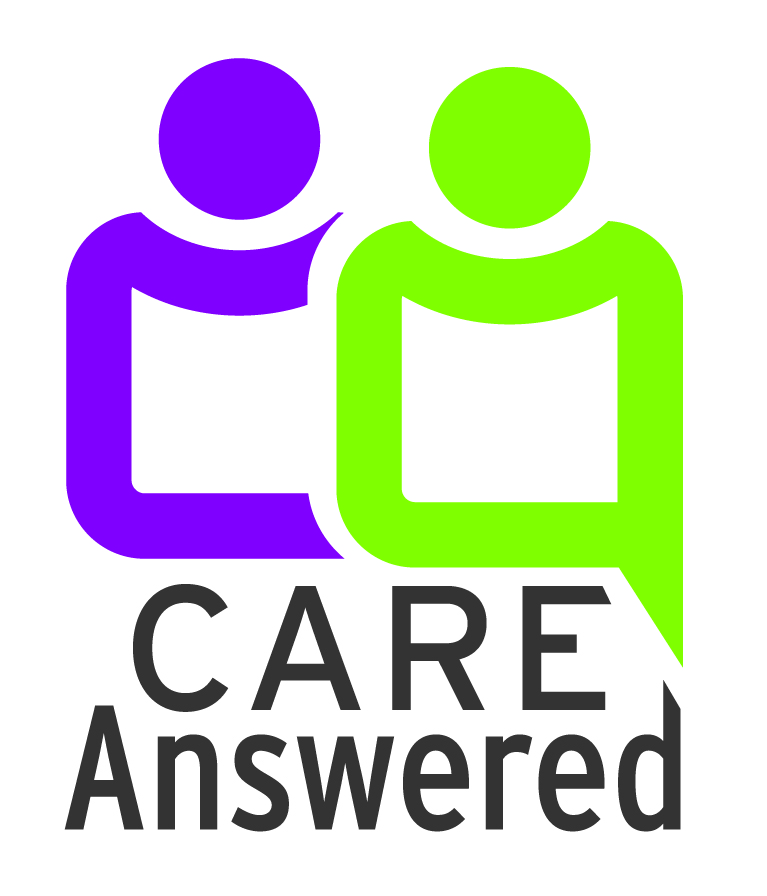You check into the hospital expecting to receive care that will restore you to health. Yet for up to 250,000 people each year, the care they receive does just the opposite. A study released last year found that hospital errors are the third leading cause of death in the United States, claiming more lives than respiratory disease, stroke, and Alzheimer’s disease [1].

Many more people suffer adverse effects from medical errors. They may face unanticipated complications, worsening of symptoms, and extended courses of illness caused by poor medical decision-making, medication errors, wrong site surgeries, infections, and falls in a hospital.
What can you do to avoid becoming a victim of a medical error? ASK, ASK, ASK! Don’t be afraid to ask questions of your clinicians. Some questions to ask include:
- What test are you running?
- What will these tests tell us about my condition?
- What is my diagnosis?
- Could my symptoms be caused by anything else?
- What details and guidelines are being followed for my treatment?
To prevent medication errors while you are in the hospital, take these steps:
- Have a list of pre-hospitalization medications including supplements (what, why, when, dosage)
- Ask about any additional medication: what they are for, how/when will they be administered, how will they interact with the current medications and previous diagnosis?
- Ask to be notified of any change of medication
Additional tips to stay safe in the hospital include:
- Know your rights! Every hospital is required to provide patients with a copy of the Patient’s Bill of Rights. Request a copy if you have not received one, and read it to become aware of your rights.
- Contact your primary care provider and any other physicians you are seeing to let them know that you are in the hospital. Ask your physicians to speak to the hospital doctors who are caring for you.
- Research doctors and surgeons using online resources to learn about their training and experience.
- Take steps to prevent infections by making sure ALL visitors, clinicians and staff to wash their hands.
- Research hospital infection rates.
- HIRE A PATIENT ADVOCATE, because it can be difficult to serve as your own advocate when you are faced with the stress of illness and hospitalization. A patient advocate will work for you and your loved ones to make sure you receive the most appropriate and safest care available.
References
| [1] |
A. E. Cha, “Researchers: Medical errors now third leading cause of death in United States,” The Washington Post, 3 May 2016. [Online]. Available: https://www.washingtonpost.com/news/to-your-health/wp/2016/05/03/researchers-medical-errors-now-third-leading-cause-of-death-in-united-states/?utm_term=.cc3d895ac294. |

